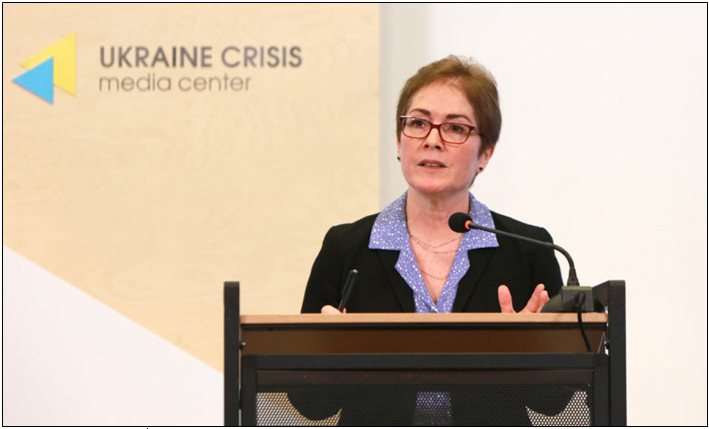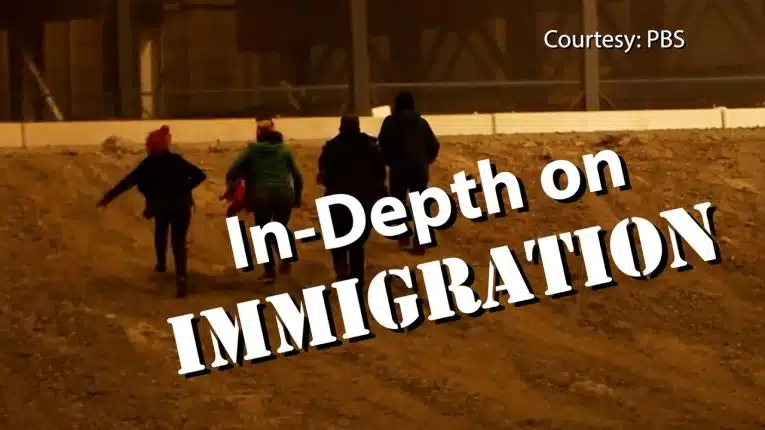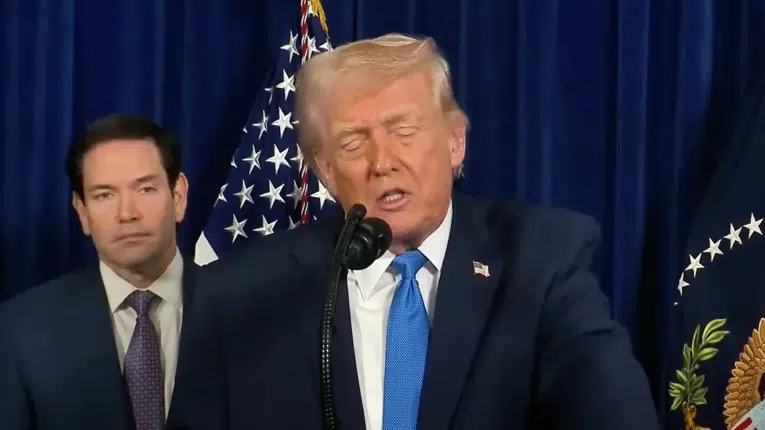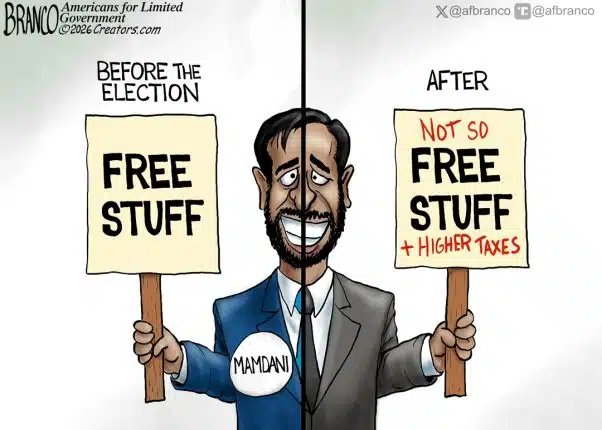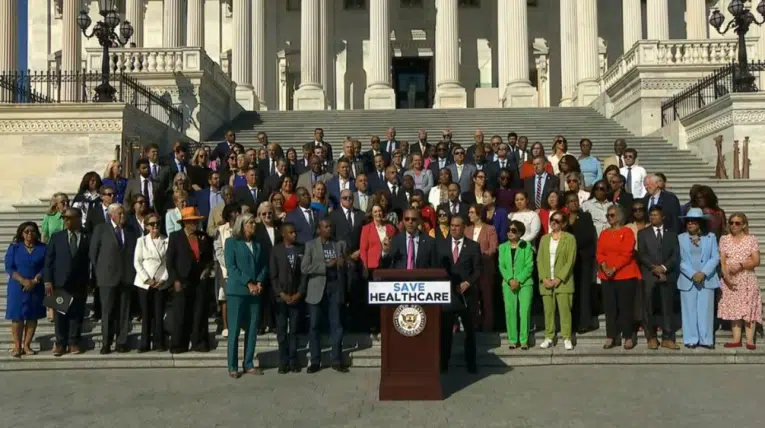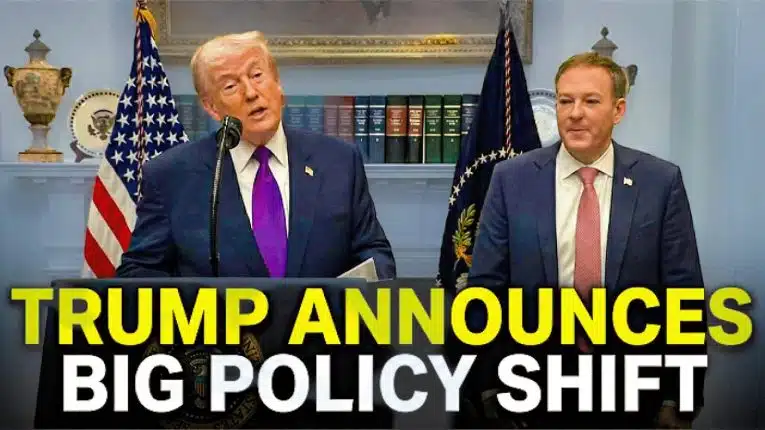“As Mr. [Yuriy] Lutsenko, the former Ukrainian Prosecutor General has recently acknowledged, the notion that I created or disseminated a ‘do not prosecute’ list is completely false — a story that Mr. Lutsenko, himself, has since retracted.”
That was former U.S. Ambassador to Ukraine Marie Yovanovitch in her Oct. 11 testimony before the House Intelligence Committee, responding to allegations made by former Ukrainian Prosecutor General Yuriy Lutsenko, who told The Hill’s John Solomon on March 20, “Unfortunately, from the first meeting with the U.S. ambassador in Kiev, [Yovanovitch] gave me a list of people whom we should not prosecute.”
The supposed retraction Yovanovitch appears to have been referring to is an April 17 report from the Ukrainian TheBabel publication, translated by the Unian Information Agency.
In it, Lutsenko is quoted as saying of the meeting, “The meeting [with the ambassador] took place in the PGO [Prosecutor General’s Office], at this very table in January 2017… She was accompanied, so was I. Mrs. Yovanovitch was interested in Vitaliy Kasko’s case. The fact was that Mr. Kasko’s mother got registered for official housing [in Kyiv], while she had never left Lviv. That had signs of abuse.”
Lutsenko says Yovanovitch objected to the Kasko case, and recalled her saying, “the criminal case discredited those who were fighting against corruption.”
Some retraction. Did Yovanovitch object to cases being pursued or not?
Lutsenko elaborated, “I shared the details and explained that I could not open and close cases on my own. I listed some so-called anti-corruption activists under investigation. She said it was unacceptable, as it would undermine the credibility of anti-corruption activists. I took a piece of paper, put down the listed names and said: ‘Give me a do not prosecute list.’ She said: ‘No, you got me wrong.’ I said: ‘No, I didn’t get you wrong. Such lists were earlier drawn up on Bankova Street [referring to the Yanukovych administration that was ousted in 2014], and now you give new lists on Tankova Street [referring to the U.S. embassy].’ The meeting ended. I’m afraid the emotions were not very good.”
So, in the same interview that Yovanovitch says Lutsenko retracted his statement about being told who not to prosecute, Lutsenko appears to have actually doubled down and said that Yovanovitch told him the people he was prosecuting would undermine the credibility of anti-corruption activists and was unacceptable.
Again, Lutsenko stated in the supposed retraction, “I listed some so-called anti-corruption activists under investigation. She said it was unacceptable, as it would undermine the credibility of anti-corruption activists,” and “now you give new lists…” clearly still accusing her of giving him a list.
How is that not saying there was a do-not-prosecute list? Did Yovanovitch have to sign and date such a list physically for it to be construed any other way? Lutsenko clearly thought it was a corrupt ask by a U.S. Ambassador not to prosecute certain individuals because it would look bad. And people are questioning why she was removed from her post?
The March allegation by Lutsenko of a do-not-prosecute list had come a couple of weeks after Yovanovitch on March 5 called to have anti-corruption prosecutor Nazar Kholodnytskyi fired in a speech to the Ukraine Crisis Media Center, saying, “To ensure the integrity of anticorruption institutions, the Special Anticorruption Prosecutor must be replaced,” accusing Kholodnytskyi of corruption.
On April 1, The Hill’s Solomon reported Kholodnytskyi had reopened the office’s investigation of Burisma Holdings following former Vice President Joe Biden’s Jan. 2018 statement to the Council on Foreign Relations bragging about having the former Prosecutor General Viktor Shokin, Lutsenko’s predecessor, fired in March 2016 by threatening $1.2 billion of loan guarantees to then-President Petro Poroshenko.
Kholodnytskyi told Solomon, “We were able to start this case again… [But] we don’t see any result from this case one year after the reopening because of some external influence.”
As for Shokin, he told Solomon he was removed in 2016 because of his investigation of Burisma, which Biden’s son, Hunter, served on the Board of Directors of. Shokin told Solomon he had “specific plans” to investigate including “interrogations and other crime-investigation procedures into all members of the executive board, including Hunter Biden.” Shokin also noted that he was not accusing the Bidens of a crime per se, just that he had plans to investigate when he was fired.
Lutsenko told Solomon in the same April 1 interview he wanted to give the information to Attorney General William Barr.
On Sept. 26, Solomon also reported at the Hill that Ukrainian prosecutors had been attempting to get the information about Burisma and Biden to the Justice Department since 2018, worried U.S. laws had been violated: “Ukrainian prosecutors say they have tried to get this information to the U.S. Department of Justice (DOJ) since the summer of 2018, fearing it might be evidence of possible violations of U.S. ethics laws.”
Lutsenko, in turn, corroborated that report in a Sept. 29 BBC interview stating that the concerns about Burisma and Biden were that they possibly violated U.S. laws, saying he told Trump attorney Rudy Giuliani: “I told him the same I told you — it is not my jurisdiction… It is likely to be the jurisdiction of the U.S. If you will send me a request, yes, I will give you all official information, but it is not Ukrainian jurisdiction — that was my answer.”
The U.S. and Ukraine signed a mutual legal assistance treaty in 1998.
So, there are many questions that ought to be asked of Yovanovitch, starting with Lutsenko’s supposed retraction in an interview where Lutsenko clearly stated he was told by Yovanovitch that prosecuting certain individuals would be unacceptable. Had she read the retraction or was she told about it? Maybe she just read a misleading headline. Perhaps somebody could direct her to read his statement and describe it now. Does she still think it’s a retraction, or would she care to revise her statement? Moreover, did she say prosecuting certain individuals would be unacceptable and harm their credibility or not?
Another question would be whether concerns over violations of U.S. laws at Burisma were relayed to the U.S. embassy, and if so, were they ever passed on to the Justice Department? If not, why not?
Also, was Yovanovitch aware that former Prosecutor General Viktor Shokin’s application for a travel visa to the U.S. was denied by the State Department after Giuliani pushed to get it approved in January so Shokin could share his story about being fired by Biden? Does she know why the visas were denied?
Now, perhaps those questions were all asked at the House hearings. So, it’s time to release the transcripts, Speaker Pelosi, so the American people can get the whole story. And if they were not asked, then it is up to Sen. Lindsey Graham (R-S.C.) to convene a Senate Judiciary Committee hearing he chairs, or for Senate Republicans to convene another Senate committee, and call Yovanovitch as a witness. What is Pelosi hiding?
Robert Romano is the Vice President of Public Policy at Americans for Limited Government.


